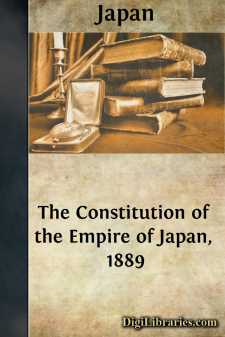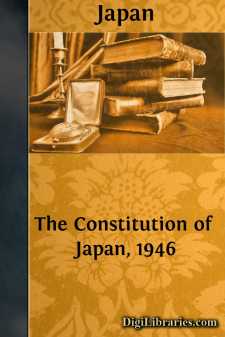Categories
- Antiques & Collectibles 13
- Architecture 36
- Art 48
- Bibles 22
- Biography & Autobiography 815
- Body, Mind & Spirit 144
- Business & Economics 28
- Children's Books 18
- Children's Fiction 14
- Computers 4
- Cooking 94
- Crafts & Hobbies 4
- Drama 346
- Education 58
- Family & Relationships 59
- Fiction 11835
- Games 19
- Gardening 17
- Health & Fitness 34
- History 1378
- House & Home 1
- Humor 147
- Juvenile Fiction 1873
- Juvenile Nonfiction 202
- Language Arts & Disciplines 89
- Law 16
- Literary Collections 686
- Literary Criticism 179
- Mathematics 13
- Medical 41
- Music 40
- Nature 180
- Non-Classifiable 1768
- Performing Arts 7
- Periodicals 1453
- Philosophy 65
- Photography 2
- Poetry 896
- Political Science 203
- Psychology 44
- Reference 154
- Religion 515
- Science 126
- Self-Help 85
- Social Science 83
- Sports & Recreation 34
- Study Aids 3
- Technology & Engineering 59
- Transportation 23
- Travel 463
- True Crime 29
Our website is made possible by displaying online advertisements to our visitors.
Please consider supporting us by disabling your ad blocker.
The Constitution of the Empire of Japan, 1889
by: Japan
Categories:
Description:
Excerpt
CHAPTER I. THE EMPEROR
Article 1. The Empire of Japan shall be reigned over and
governed by a line of Emperors unbroken for ages eternal.
Article 2. The Imperial Throne shall be succeeded to by
Imperial male descendants, according to the provisions of the
Imperial House Law.
Article 3. The Emperor is sacred and inviolable.
Article 4. The Emperor is the head of the Empire, combining in Himself the rights of sovereignty, and exercises them, according to the provisions of the present Constitution.
Article 5. The Emperor exercises the legislative power with
the consent of the Imperial Diet.
Article 6. The Emperor gives sanction to laws, and orders
them to be promulgated and executed.
Article 7. The Emperor convokes the Imperial Diet, opens, closes, and prorogues it, and dissolves the House of Representatives.
Article 8. The Emperor, in consequence of an urgent necessity to maintain public safety or to avert public calamities, issues, when the Imperial Diet is not sitting, Imperial ordinances in the place of law.
(2) Such Imperial Ordinances are to be laid before the Imperial Diet at its next session, and when the Diet does not approve the said Ordinances, the Government shall declare them to be invalid for the future.
Article 9. The Emperor issues or causes to be issued, the Ordinances necessary for the carrying out of the laws, or for the maintenance of the public peace and order, and for the promotion of the welfare of the subjects. But no Ordinance shall in any way alter any of the existing laws.
Article 10. The Emperor determines the organization of the different branches of the administration, and salaries of all civil and military officers, and appoints and dismisses the same. Exceptions especially provided for in the present Constitution or in other laws, shall be in accordance with the respective provisions (bearing thereon).
Article 11. The Emperor has the supreme command of the Army
and Navy.
Article 12. The Emperor determines the organization and
peace standing of the Army and Navy.
Article 13. The Emperor declares war, makes peace, and
concludes treaties.
Article 14. The Emperor declares a state of siege.
(2) The conditions and effects of a state of siege shall be
determined by law.
Article 15. The Emperor confers titles of nobility, rank,
orders and other marks of honor.
Article 16. The Emperor orders amnesty, pardon, commutation
of punishments and rehabilitation.
Article 17. A Regency shall be instituted in conformity with
the provisions of the Imperial House Law.
(2) The Regent shall exercise the powers appertaining to the
Emperor in His name.
Article 18. The conditions necessary for being a Japanese subject shall be determined by law.
Article 19. Japanese subjects may, according to qualifications determined in laws or ordinances, be appointed to civil or military or any other public offices equally....



